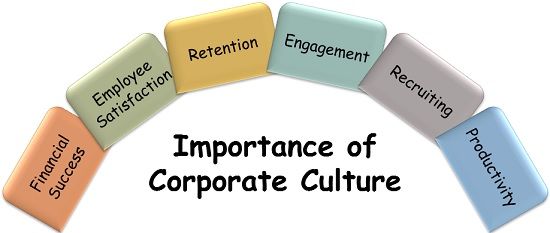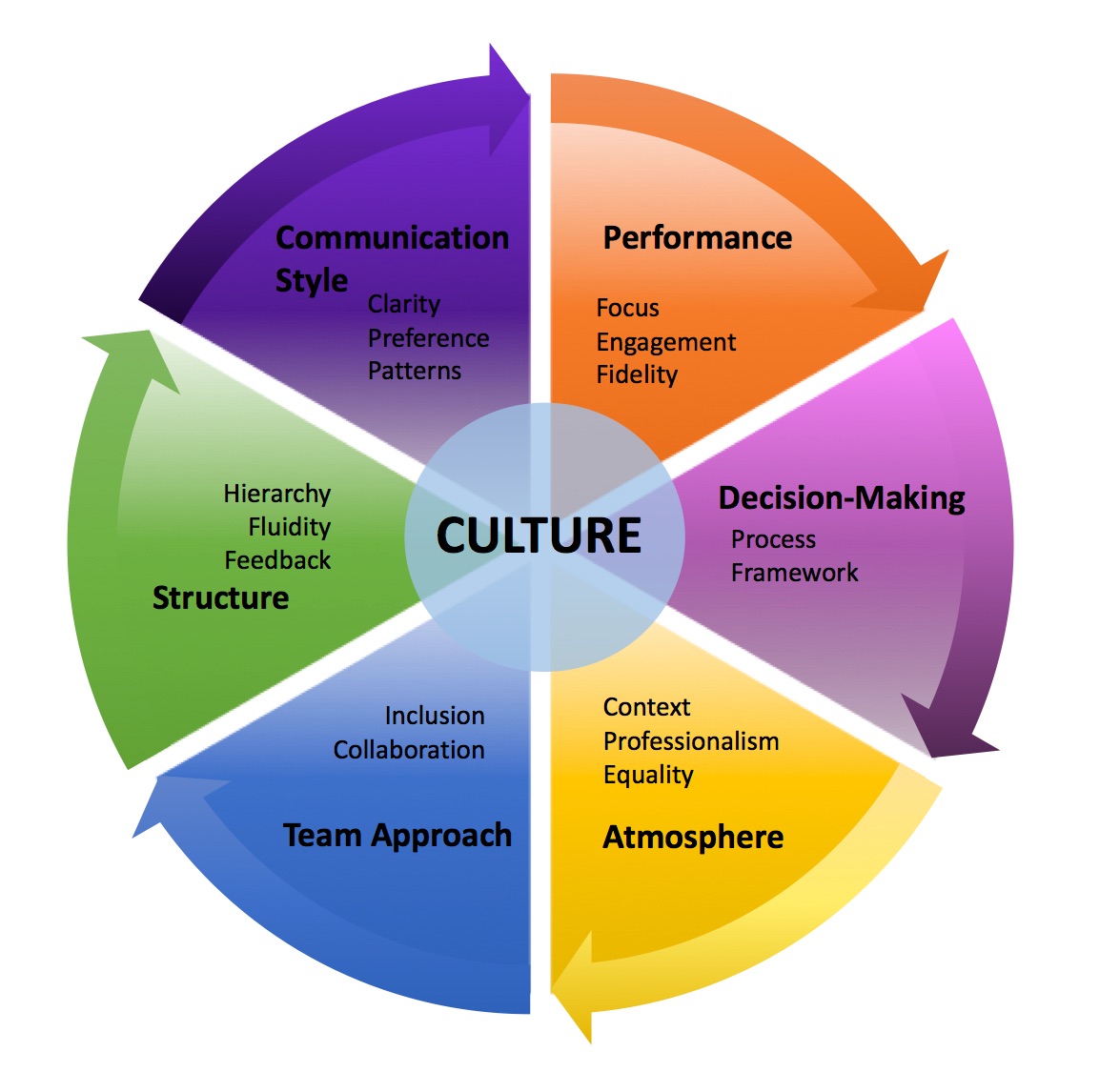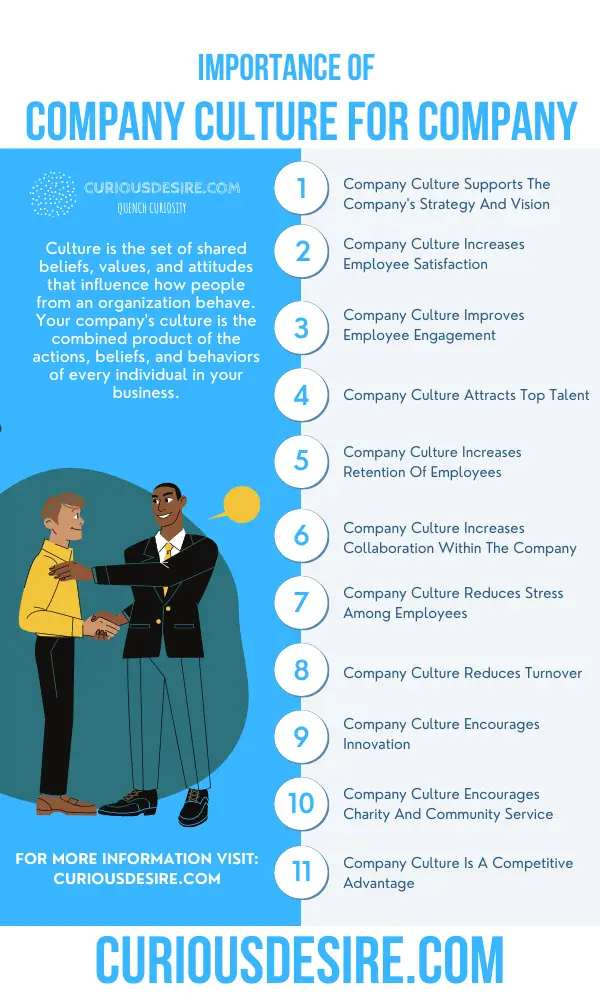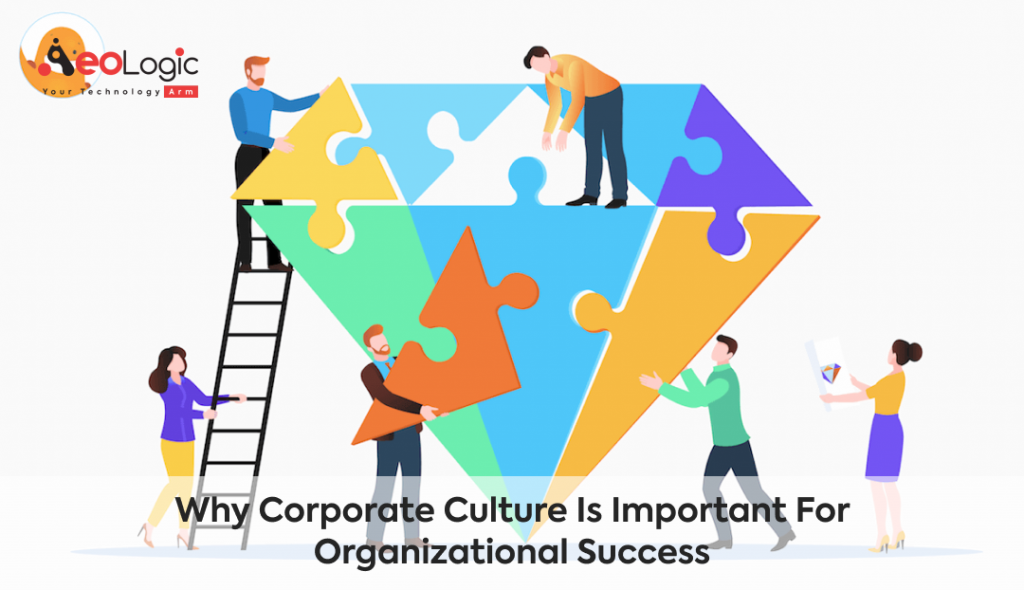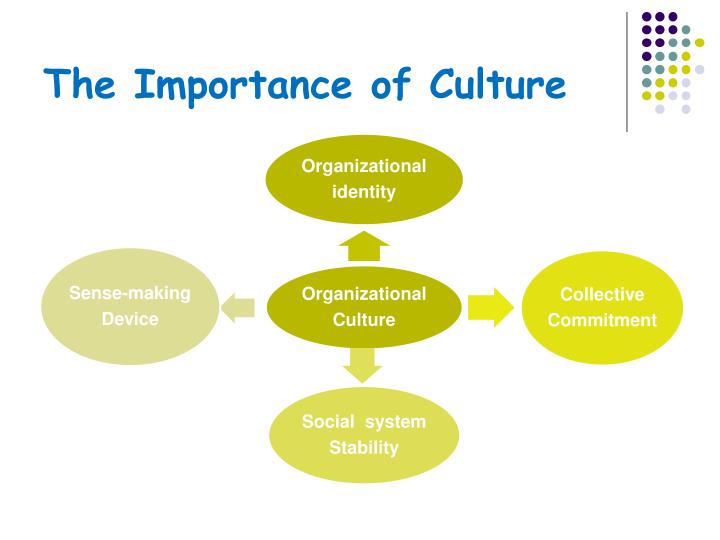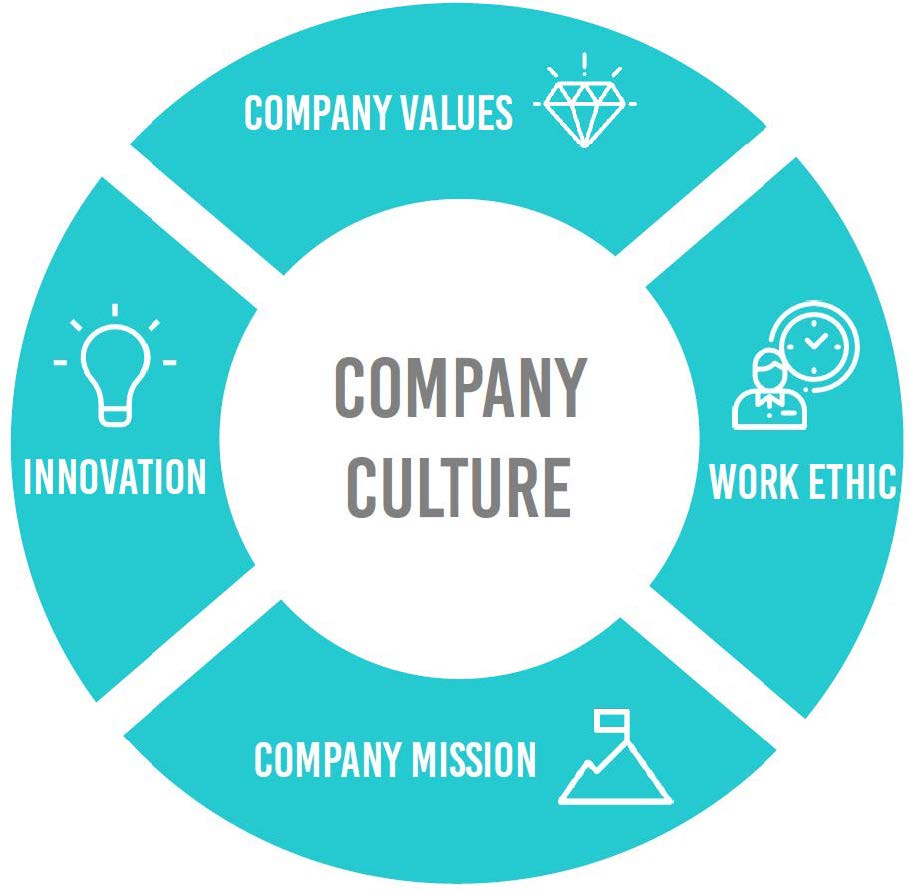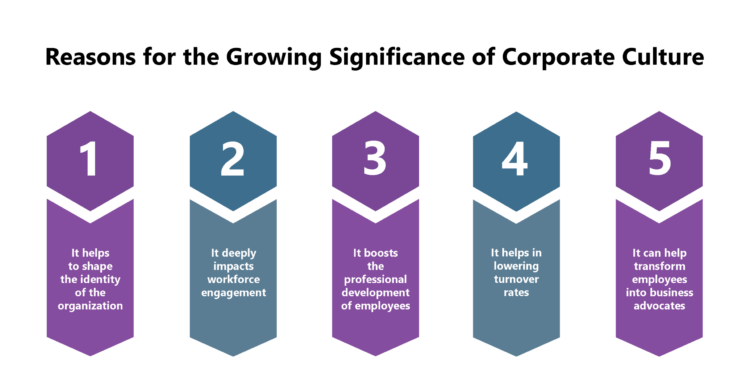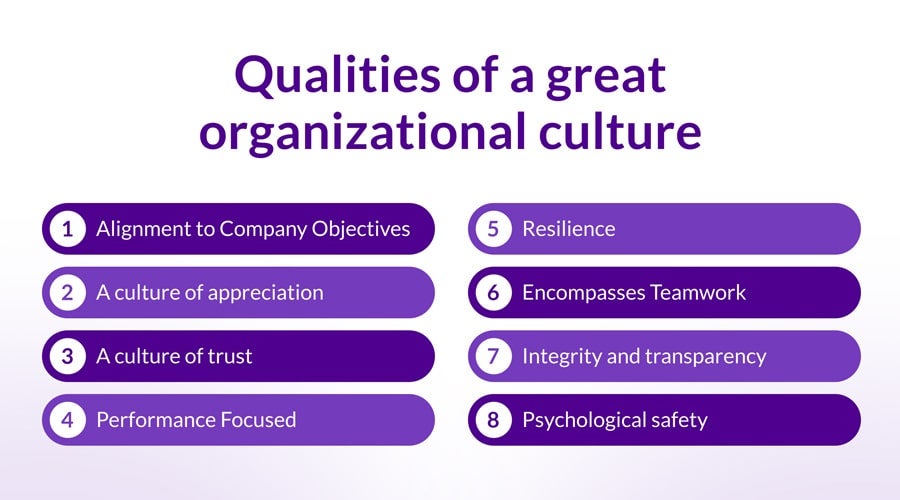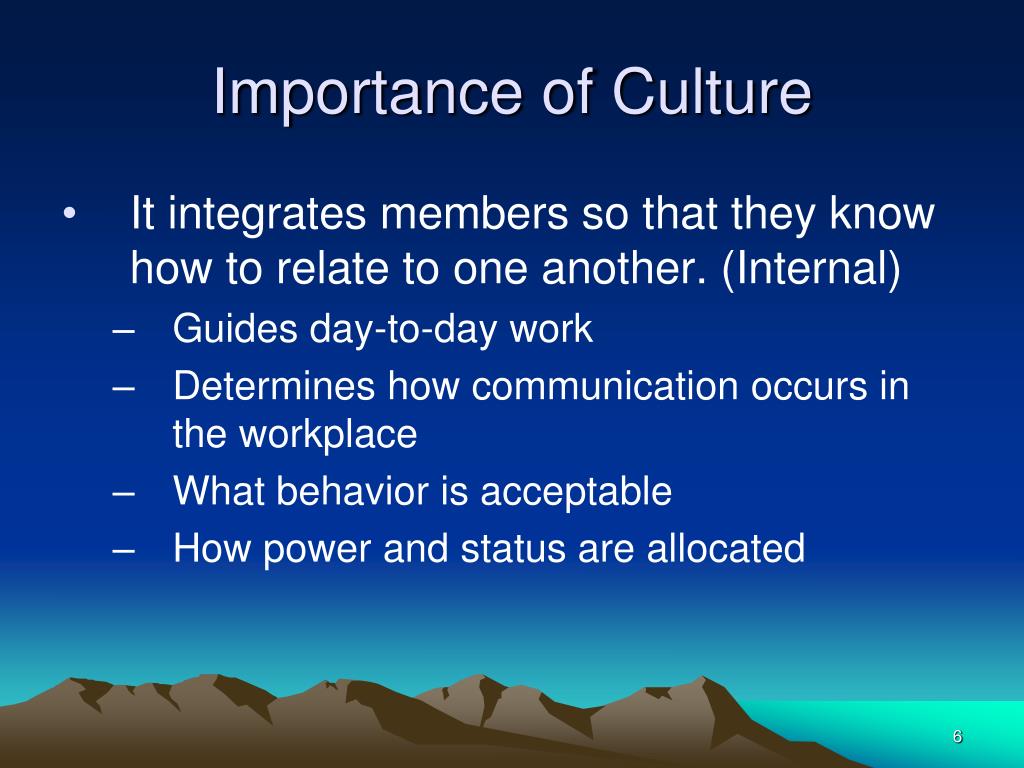Importance Of Culture In A Company
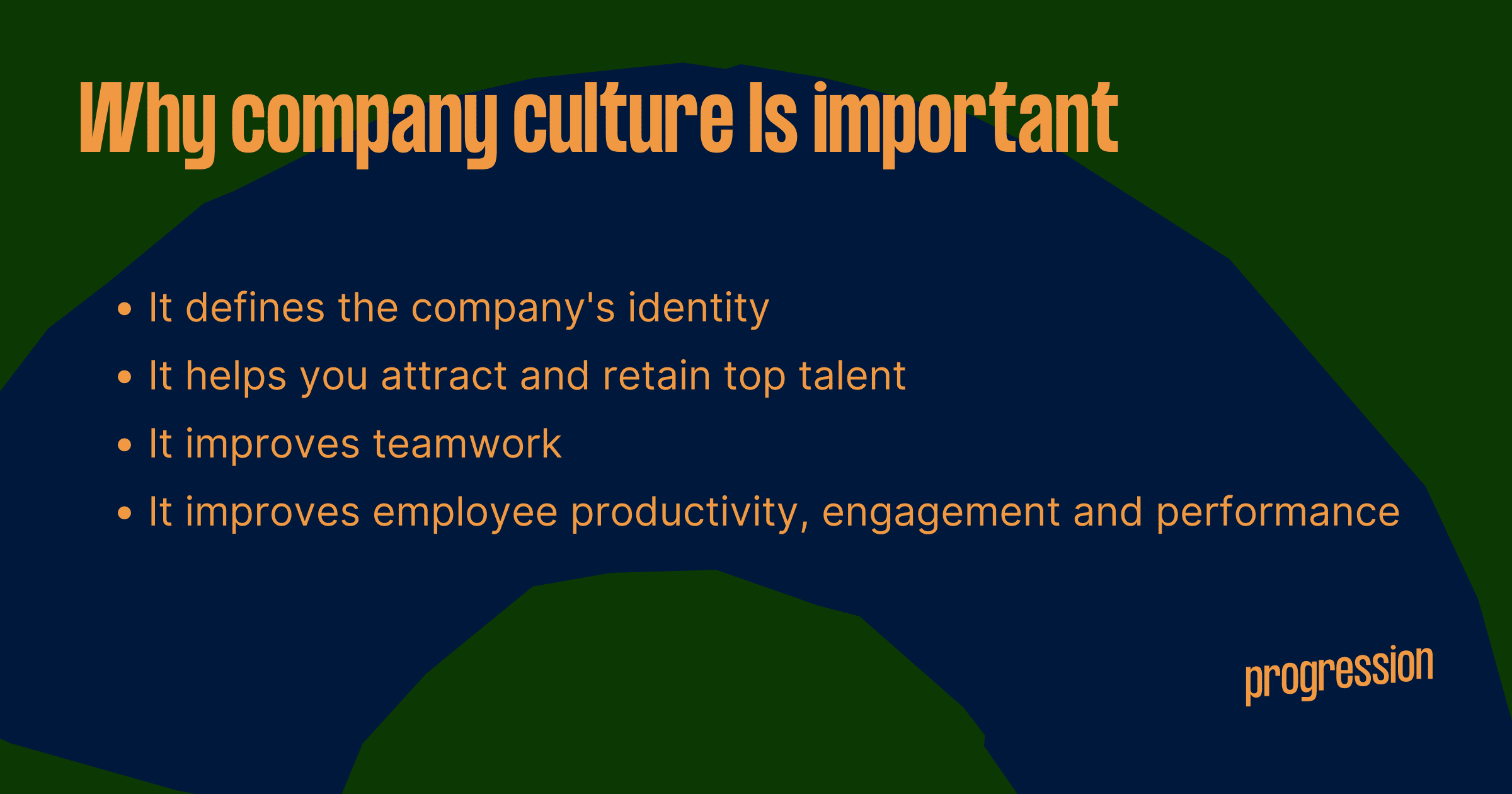
In an era defined by rapid technological advancements and fierce competition, the importance of a robust and well-defined company culture is often overshadowed by the immediate pressures of profit margins and market share. However, mounting evidence suggests that a thriving company culture is not merely a soft perk, but a critical driver of employee engagement, innovation, and ultimately, long-term business success.
A company's culture, defined as the shared values, beliefs, and practices that govern how employees interact and work, sets the tone for everything from internal communication to customer service. Ignoring its cultivation can lead to disengaged employees, high turnover rates, and a stifled capacity for growth; conversely, prioritizing culture can unlock a company's full potential. This article delves into the vital role culture plays, exploring its impact on various aspects of business and highlighting strategies for fostering a positive and productive work environment.
The Direct Impact on Employee Engagement and Retention
A positive company culture is intrinsically linked to employee engagement. When employees feel valued, respected, and connected to the company's mission, they are more likely to be motivated and productive.
Gallup's research consistently shows that highly engaged teams outperform their less engaged counterparts by a significant margin, demonstrating the direct correlation between culture and performance. High employee engagement leads directly to higher employee retention.
Turnover is costly, encompassing recruitment, training, and lost productivity. A strong, positive culture reduces turnover by fostering a sense of belonging and loyalty, encouraging employees to invest in the long-term success of the company.
Boosting Innovation and Creativity
Innovation thrives in environments where employees feel safe to take risks, share ideas, and challenge the status quo. A culture that encourages open communication and collaboration is essential for fostering creativity.
Companies like Google and Atlassian have long recognized this, implementing policies that promote experimentation and learning from failures. Such approaches foster a mindset of continuous improvement and drive innovation across the organization.
According to a report by Deloitte, companies with a strong culture of innovation are significantly more likely to report higher revenue growth and profitability. This underscores the tangible business benefits of prioritizing cultural values that support creative thinking and problem-solving.
Culture as a Competitive Advantage
In today's competitive landscape, a unique and compelling company culture can serve as a powerful differentiator. Potential employees are increasingly drawn to organizations with a strong sense of purpose and values that align with their own.
A well-articulated and authentically lived culture can attract top talent and create a positive brand image. This, in turn, enhances the company's ability to attract customers and build lasting relationships. Brand loyalty is becoming synonymous with corporate values.
Simon Sinek's work highlights the importance of starting with "why," emphasizing that companies with a clear purpose beyond profit are more likely to inspire employees and customers alike. He has often stated: "People don't buy what you do; they buy why you do it."
Challenges and Considerations
Building and maintaining a strong company culture is not without its challenges. It requires ongoing effort, consistent communication, and a willingness to adapt to changing circumstances. Hiring is the first step to building a strong company culture.
Furthermore, cultural initiatives must be authentic and reflect the values of the organization as a whole, not just the aspirations of leadership. Empty pronouncements or superficial changes can erode trust and create cynicism among employees. This can have a reverse effect.
Companies must also be mindful of diversity and inclusion when shaping their culture. A truly inclusive culture embraces diverse perspectives and ensures that all employees feel valued and respected, regardless of their background or identity.
The Future of Work and Culture
As remote work and hybrid models become increasingly prevalent, the importance of culture is only amplified. Maintaining a sense of connection and shared purpose in a distributed environment requires deliberate effort and innovative approaches.
Companies are exploring various strategies to foster virtual communities, including online social events, digital communication platforms, and virtual team-building activities. Culture will continue to evolve.
Looking ahead, companies that prioritize culture and adapt their practices to meet the evolving needs of their workforce will be best positioned to attract talent, drive innovation, and achieve sustainable success. Investing in culture is not an expense but a crucial investment in the future.
